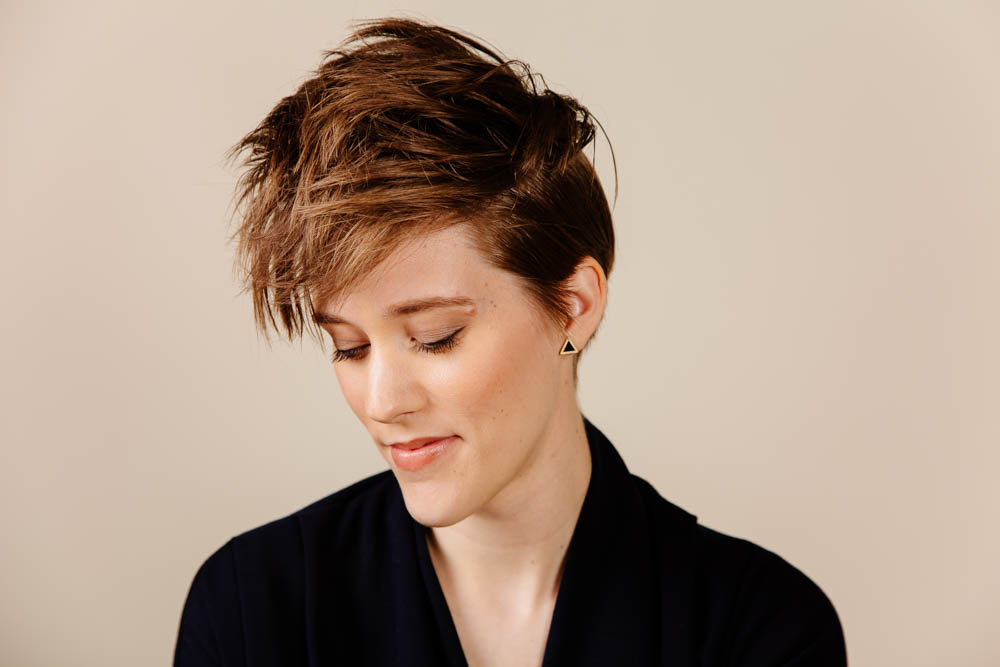"The part of you that wants to heal is stronger than the part of you that’s broken."
It was the sixth week of Lucy’s freshman year, and she was dancing at a college party. She eventually went back to the dorm room of an athlete. “I remember knowing in my head, somehow, you had to scream “no” or yell “stop” at least three times. And because I didn’t do that, I thought, well, I can’t say this is sexual assault,” said Lucy.
“He was a student athlete, so I never officially reported it. And I knew if I did that it would just be an uphill fight.”

Lucy grew up in a family that centered around Big 10 sports, and she chose to go to her father’s alma mater. “Having been raised a sports fan, I heard plenty of stories where ‘athletes at the peak of their careers’ were being ‘accused’ of rape, and then I saw the victims trashed in the press. I did not want that to be me.”
Still, Lucy took steps to receive medical care after the assault, such as getting tested for STIs at the university health clinic. She had a negative experience with the examining physician that ultimately contributed to her sense of shame, and fear of not being believed. “Society told me this wasn’t a big deal, and it was my fault. And that’s how I felt.”
Lucy faced challenges with depression, substance abuse, and anxiety as a result of the assault. She sought counseling and was able to complete her degree, but many years later was still suffering. She lost her voice—a struggle that would be difficult for any survivor, but was heartbreaking to a professional singer like Lucy. “I knew the therapy to get my [vocal cords working again] was to tell my story… but it wasn’t easy to talk about.”
.